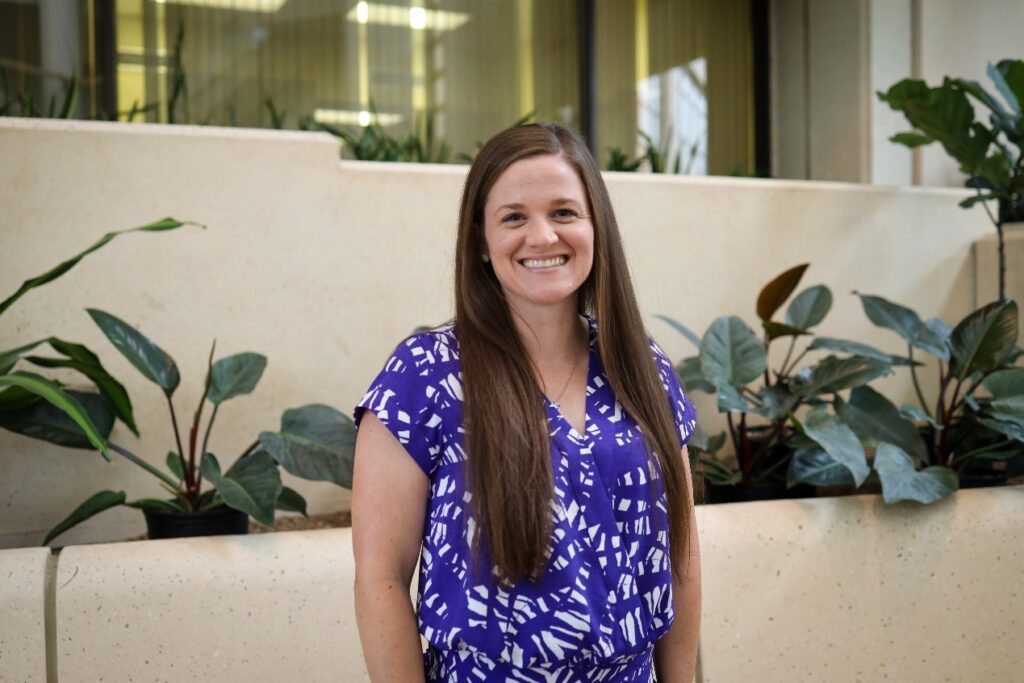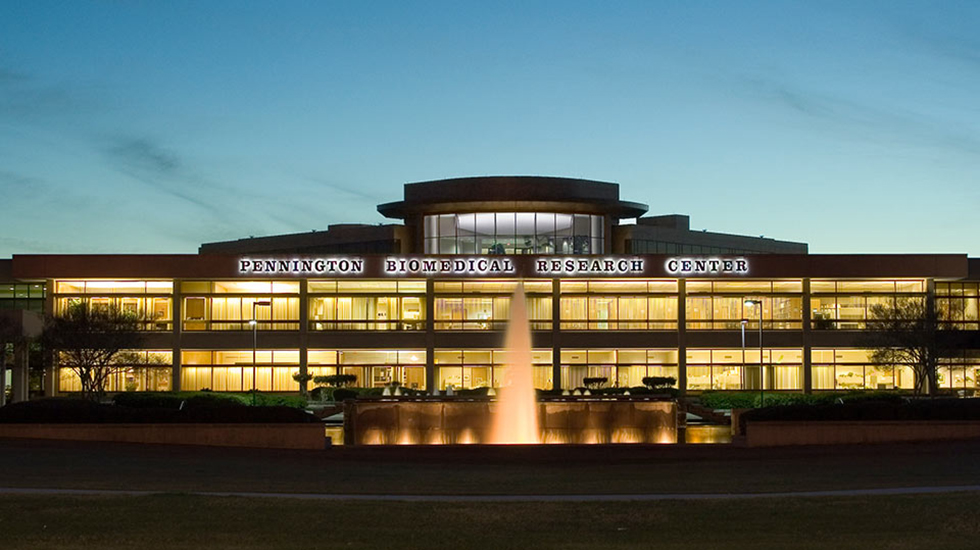
Emily Woolf (’23) graduated from the Colorado State University Department of Food Science and Human Nutrition with a Ph.D. in food science and nutrition.
During her time at CSU, Woolf was involved with clinical research and participated in conference presentations. These and other experiences helped prepare her for her current postdoctoral fellowship studying precision nutrition.
Read more about how Woolf’s time at CSU set her up for success in her fellowship and future career endeavors.
Tell us about your current position!
I am a NIDDK T32 postdoctoral fellow at Pennington Biomedical Research Center in Baton Rouge, Louisiana. I am studying precision nutrition, with a specific interest in personalizing diets for optimal cardiometabolic health and healthy aging. I came to PBRC to work on the Nutrition for Precision Health research study and am the postdoctoral lead on the Module 2 intervention. As a PBRC postdoctoral fellow, I am responsible for participating in hands-on skills development and data collection, data analysis and technical writing, and academic development to advance my career as an independent researcher.
How did your time at CSU prepare you for your career?
Working in Dr. Sarah A. Johnson’s lab exposed me to clinical research that taught me the foundations of conducting a randomized clinical trial. Being involved in all aspects of the clinical trial (e.g., recruitment, conducting visits, data analysis, manuscript writing) prepared me for this competitive and rigorous T32 fellowship at Pennington Biomedical Research Center. Further, attending weekly journal clubs and presenting at conferences provided growth in critical thinking and presentation skills.

What was the biggest transitional issue you faced when you graduated?
The biggest transitional barrier I faced was that I was no longer a student. I was in school for the past 13+ years, so transitioning out of the student mindset and trying to find my own research niche was challenging but fun! It is crucial to find the right mentor after your Ph.D. that will allow you to explore your own research ideas while still guiding and pushing you to your full potential.
What do you think employers look for in new graduates?
First, research skills and interests that are in line with their research. You also want to have experience in technical writing, presenting at local and national conferences, and have a solid CV and references that can speak to your full potential. Not knowing what you want to research for your future career wasn’t as big of an issue as I initially thought when interviewing, as the postdoctoral position should help guide you in that direction. Lastly, having grant writing and submission experience would be another aspect employers would like to see you have.
What advice do you have for students as they look for their first career experience?
Look everywhere and do not limit yourself. Set up phone calls and meetings with principal investigators to get to know their research and to determine if their lab is the right fit for you. The postdoctoral period is a crucial time and can dictate your future career. Follow your intuition and pick somewhere that will help train you in the areas that you need.
Share one of your favorite memories of CSU!
I really enjoyed the outings with my mentor and lab peers outside of work/lab; it really allowed us to get to know each other outside of the lab.
The Department of Food Science and Human Nutrition is part of CSU’s College of Health and Human Sciences.